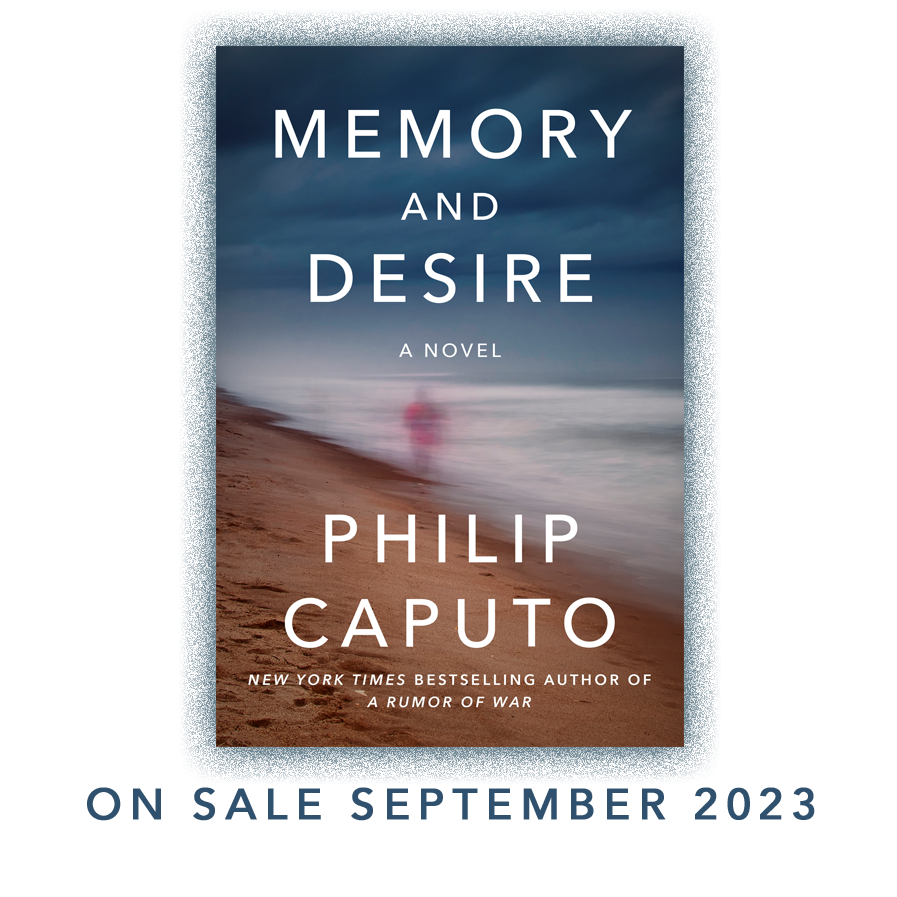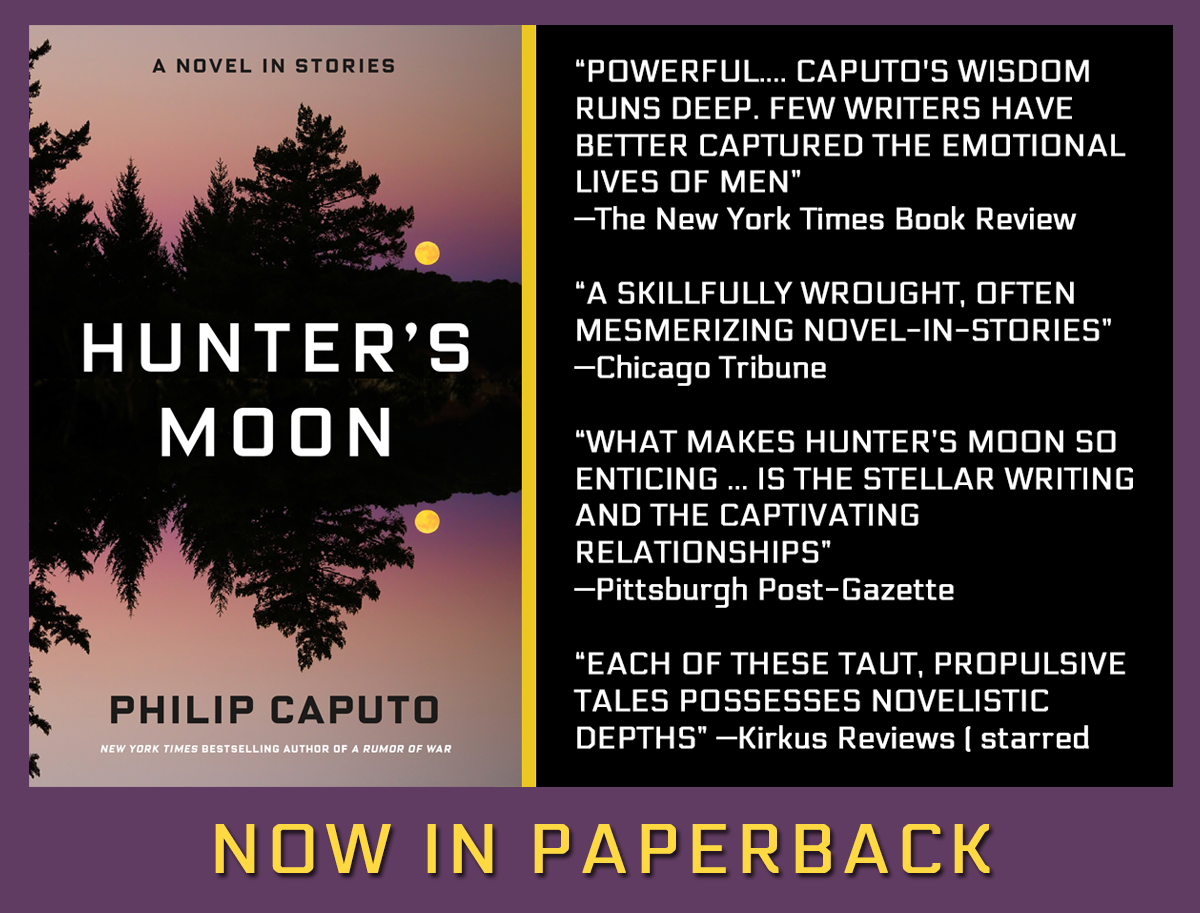A week ago, my editor at Arcade/Skyhorse Publishing sent me a review of Memory and Desire from Booklist, one of three or four services that offer advance reviews of soon-to-be-published books. The review was complimentary, but it got me thinking about the always fraught relationship between writers and literary critics, which has a long history.
In 1818, the influential periodical The Quarterly Review panned John Keats’s poetry as “unintelligible,” “diffuse,” “tiresome,” and “absurd.” Keats, today regarded as one of English literature’s immortals, died shortly afterward at age 26. Although tuberculosis was the cause, his contemporary, Lord Byron, blamed his death on the reviewer, one John Wilson Croker.
In 1851, Herman Melville’s Moby Dick received a few accolades but suffered far more abuse. Typical of the latter was this one from The London Athenaeum: “Our author must be henceforth numbered in the company of the incorrigibles who occasionally tantalize us with indications of genius, while they constantly summon us to endure monstrosities, carelessnesses, and other such harassing manifestations of bad taste as daring or disordered ingenuity can devise…”
Wow. That one must have hit Melville like a Mike Tyson right hand, if Melville took it to heart. The lesson here is that no writer should take censure or acclaim too seriously. Ernest Hemingway’s comment — If you believe the good things they (critics) say about you, then you’re bound to believe the bad — applies. It’s good advice if a writer wishes to maintain his or her mental equilibrium. I recall one review of my first novel, Horn of Africa, that more or less suggested that my typewriter should be confiscated, while others compared me to Conrad and Dostoevsky. Were I to have given credence to these conflicting opinions, I would have suffered severe emotional whiplash.
First-rate commercial writers are generally insulated from critical brickbats. These writers are known quantities whose fans will buy their books no matter what reviewers say or don’t say about them.
Writers considered to be “literary” don’t enjoy that sort of immunity. Though some protest that they don’t care if they become hot sellers, the harsh fact is that they will need to find day jobs if their performance in the marketplace isn’t at least respectable. Their publishers may even abandon them.
And that’s why reviews are anything but irrelevant. They have a direct bearing on a writer’s income; those who sell and buy books pay attention to these reviews. True, a rave doesn’t guarantee that a novel or story collection will fly off the shelves; nor does the opposite forecast a flop. But we’re talking percentages. High praise usually promises decent sales; nasty reviews, in all probability, predict commercial failure, though even that is preferable to the worst outcome: being ignored altogether.
Two examples: I recall Thomas McGuane telling me, a long time ago, that one of his early novels (I’ve forgotten which one) was draped in critical laurels but sold a mere 3,000 copies.
My 2005 novel, Acts of Faith, was very long (669 pages), very complex, with half a dozen major characters and a host of minor ones, and was set in East Africa and Sudan. My agent and friends were fairly sure it would be the literary equivalent of Michael Cimino’s 1980 film, Heaven’s Gate, one of the biggest box-office disasters in movie history.
Having taken considerable risks researching Acts of Faith and four years to write it, I had been giving myself frequent manicures with my teeth when I learned that the book was to be reviewed by the New York Times’s formidable Michiko Kakutani, who wasn’t known to be shy when it came to eviscerating books she didn’t like. Her 1,000-word review was printed in the Times’ daily editions of May 11, 2005. It was so full of accolades that one of my skeptical friends asked me, “Are you and she an item?” I assured him that I’d never met her, but would certainly give her a kiss if I ever did.
Acts of Faith sold 105,000 copies and is still in print.



Thankis foor finally talking about > BRICKBATS AND BOUQUETS — THE
WRITER’S LOT – Philip Caputo < Liked it!
Always a fan..I enjoyed both Horn of Africa and Acts of Faith and many more. And I’ve pre-ordered Memory and Desire. So glad you are still writing!
So glad you’re still reading me.